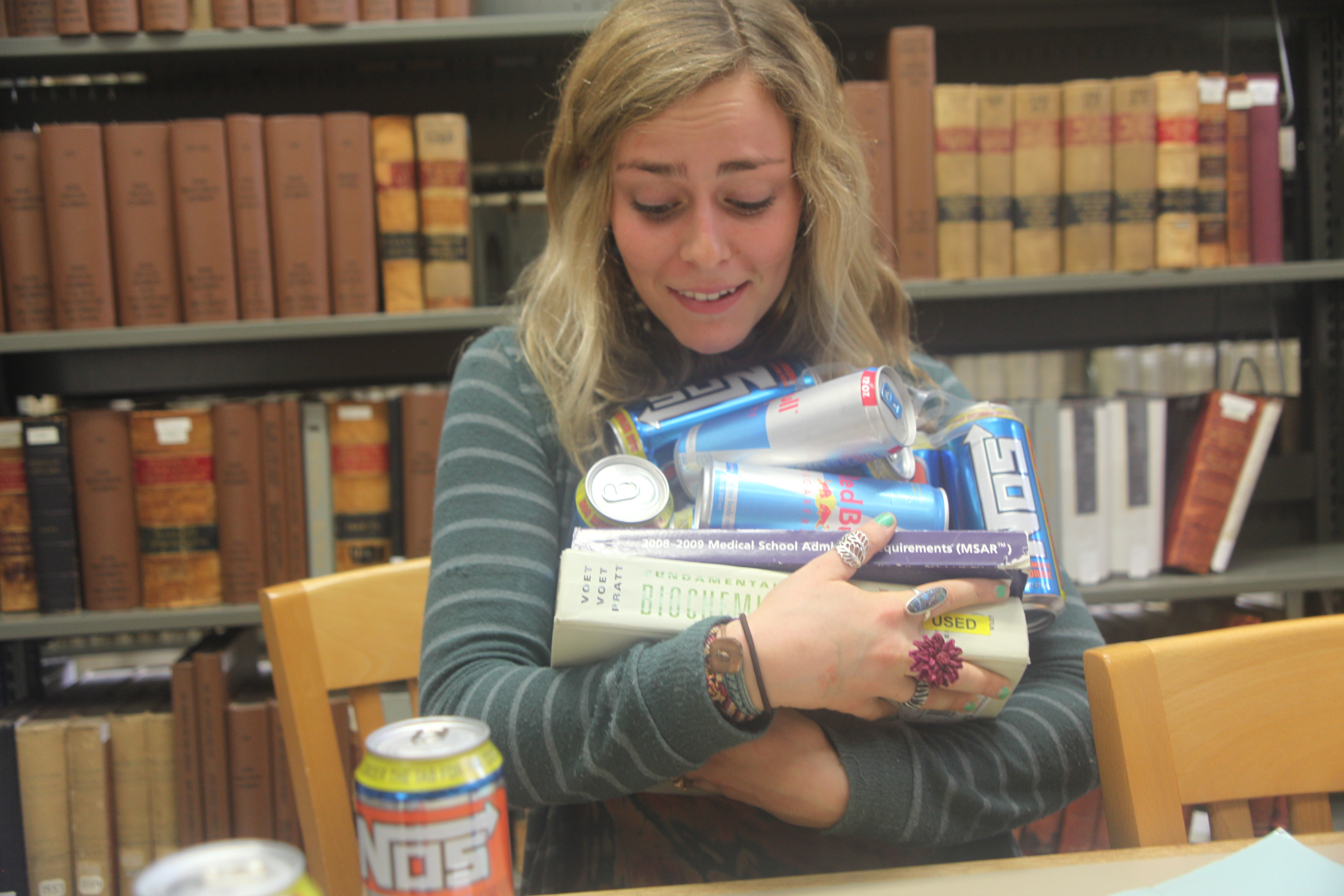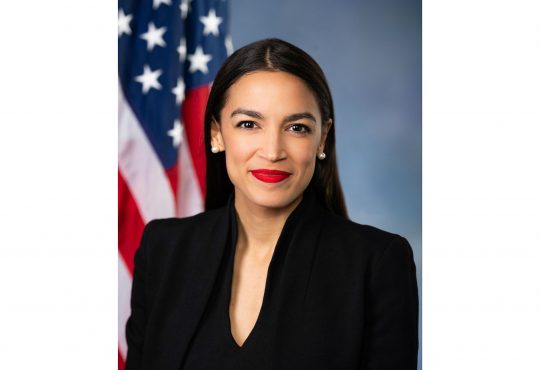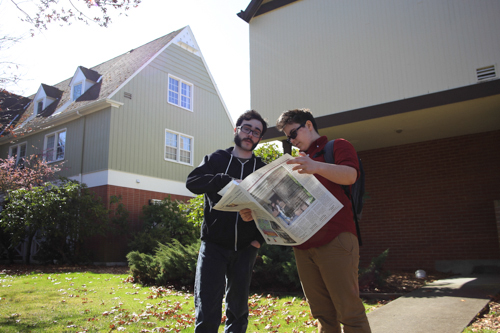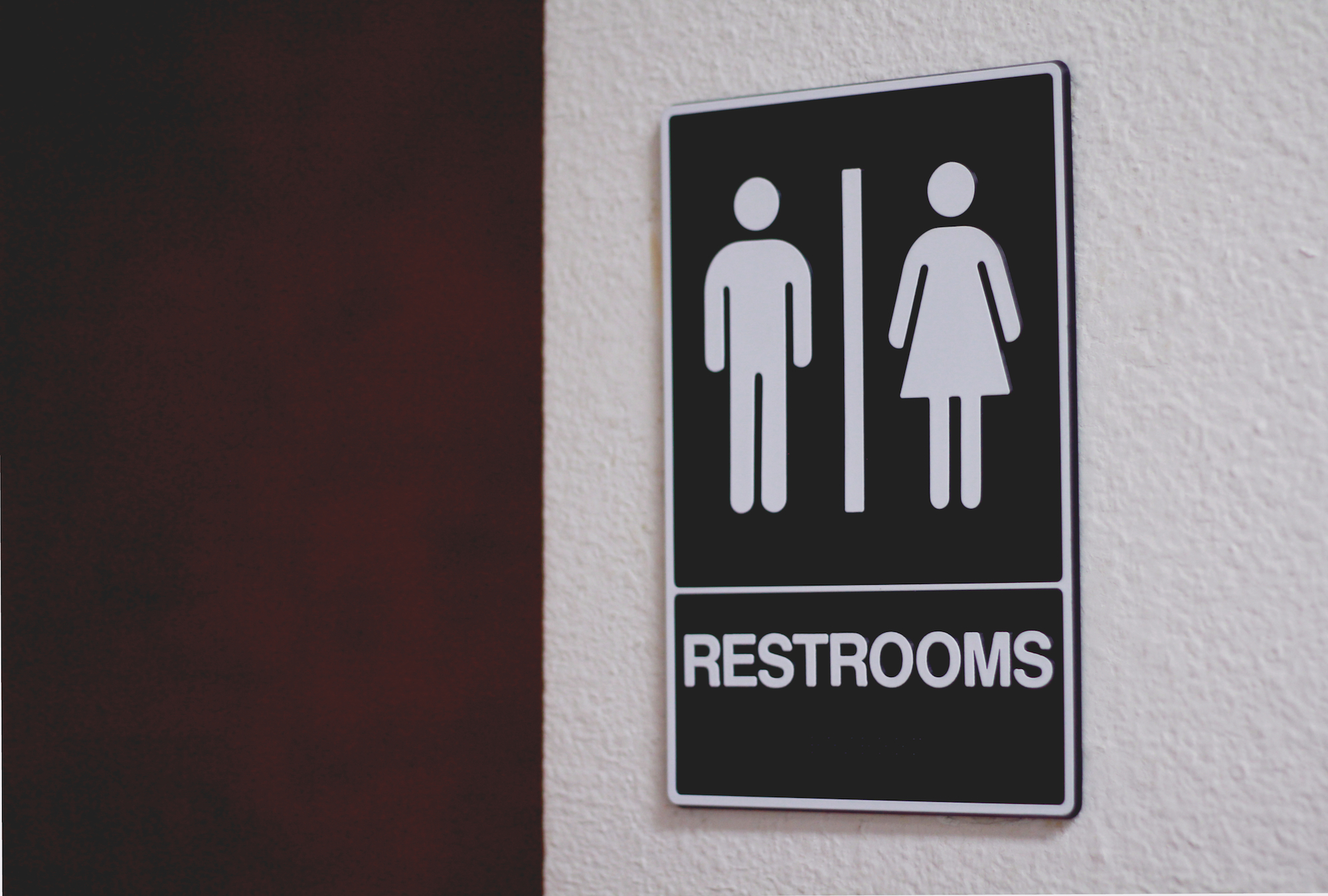
Last year colleges across the nation caused a stir over the consumption of Four Loko—an alcoholic energy drink infamous for its tendency to hospitalize consumers. The 23-ounce cans of 12 percent alcohol infused with caffeine, taurine, guarana and absinthe’s active ingredient, wormwood (all packing a punch six times bigger than that of your average beer) were banned on campuses nationwide due to significant health concerns. Now, by association, administrations have begun to extend the prohibition to other energy drinks, forbidding the consumption of drinks not significantly worse for your health than the average can of soda.
Four Loko made alcohol consumption convenient; it was cheap, flashy, and masked the flavor of hard liquor. It was like a mixed drink, but without the effort and price. A Law Enforcement chaplain in Delaware County, Pennsylvania described the drink as “legalized liquid cocaine.”
After seeing a number of his students hospitalized, the president of Ramapo College in New Jersey encouraged other universities to support the Four Loko ban, as well as that of other “similar drinks.” Answering the call to action, college and university administrations across the country have turned their attention to other sources of health concern; this time crusading to prohibit more run-of-the-mill, non-alcoholic energy drinks such as Red Bull and Monster. Most recently, the University of New Hampshire (UNH) was overwhelmed by a massive outcry, involving protests of frantic caffeine-deprived students disturbed by the decision to ban such drinks from their campus.
UNH’s decision was a result of the administration’s goal of “making the campus the nation’s healthiest by 2020,” according to an article in the “Huffington Post.” By banning these beverages, the administration hoped to curb the growing prevalence of energy drink-based cocktails. Their colorful names like the “Vegas Bomb,” “Brass Monkey” and “Seven and Seven” concerned campus officials who assumed nothing good could come from such wild and unruly beverages.
It’s not a secret that energy drinks are unhealthy. But I find a serious fault in the logic that the halt of Red Bull sales will somehow put an end to college drinking. College campuses don’t sell alcohol, yet it somehow makes its way into the hands of students across the nation anyway. If a student wants something that happens to be contraband, they’ll find a way to get it. The same goes for energy drinks; it’s just a simple trip to the nearest off-campus drugstore.
Another round of support for the ban highlighted the exorbitant amounts of sugar and caffeine in the drinks. The thing is, a nutrition label sits on the back of every can—students are perfectly aware of what they consume. And what can be said about caffeine, when nearly every college campus in the U.S. is bound to sell some form of coffee? Should espresso be banned? No. That would be absurd. The sugar content in an 8.3 ounce can of Red Bull is actually less than that of an 8 ounce Coca-Cola. I argue that banning the sale of soda would be a healthy policy for campuses, though perhaps not prudent for generating revenue for the school.
The condemnation of sugar seems even more riddled with hypocrisy, considering the foods served in the typical college cafeteria these days. A feature from the “Daily Beast” listed “Top 25 best campuses for food”—the majority of which had no portion of the cafeteria’s budget allotted to locally/organically grown products. Campuses like ours that take a progressive approach to the vegan/vegetarian community and gluten-sensitive students are not common.
In short, the universities in the world’s fattest nation have bigger fish to fry…or grill, should the sale of fried food on campus be banned as well.



